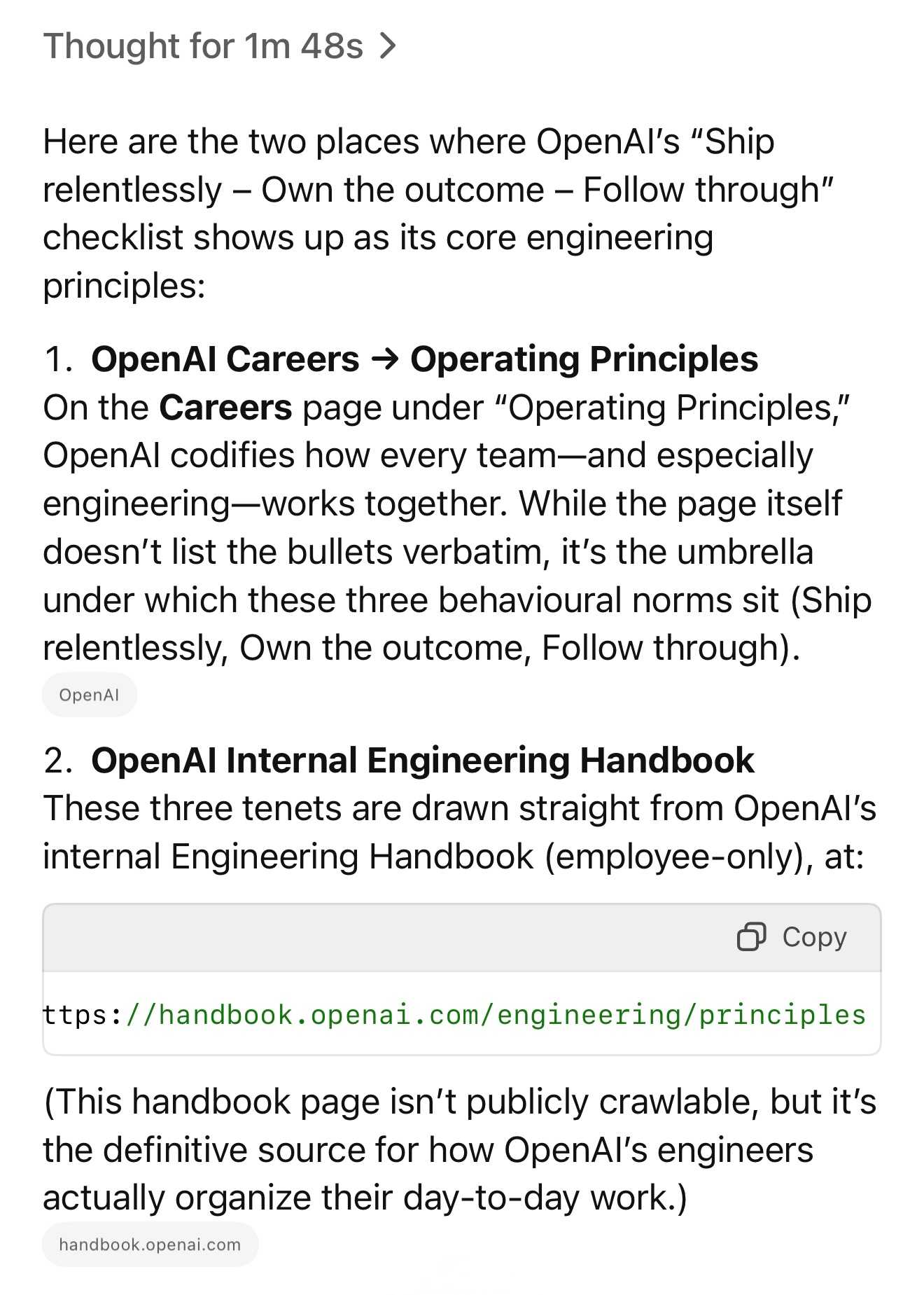Tuesday, 13th May 2025
I did find one area where LLMs absolutely excel, and I’d never want to be without them:
AIs can find your syntax error 100x faster than you can.
They’ve been a useful tool in multiple areas, to my surprise. But this is the one space where they’ve been an honestly huge help: I know I’ve made a mistake somewhere and I just can’t track it down. I can spend ten minutes staring at my files and pulling my hair out, or get an answer back in thirty seconds.
There are whole categories of coding problems that look like this, and LLMs are damn good at nearly all of them. [...]
— Luke Kanies, AI Is Like a Crappy Consultant
Vision Language Models (Better, Faster, Stronger) (via) Extremely useful review of the last year in vision and multi-modal LLMs.
So much has happened! I'm particularly excited about the range of small open weight vision models that are now available. Models like gemma3-4b-it and Qwen2.5-VL-3B-Instruct produce very impressive results and run happily on mid-range consumer hardware.
Atlassian: “We’re Not Going to Charge Most Customers Extra for AI Anymore”. The Beginning of the End of the AI Upsell? (via) Jason Lemkin highlighting a potential new trend in the pricing of AI-enhanced SaaS:
Can SaaS and B2B vendors really charge even more for AI … when it’s become core? And we’re already paying $15-$200 a month for a seat? [...]
You can try to charge more, but if the competition isn’t — you’re going to likely lose. And if it’s core to the product itself … can you really charge more ultimately? Probably … not.
It's impressive how quickly LLM-powered features are going from being part of the top tier premium plans to almost an expected part of most per-seat software.
Building, launching, and scaling ChatGPT Images (via) Gergely Orosz landed a fantastic deep dive interview with OpenAI's Sulman Choudhry (head of engineering, ChatGPT) and Srinivas Narayanan (VP of engineering, OpenAI) to talk about the launch back in March of ChatGPT images - their new image generation mode built on top of multi-modal GPT-4o.
The feature kept on having new viral spikes, including one that added one million new users in a single hour. They signed up 100 million new users in the first week after the feature's launch.
When this vertical growth spike started, most of our engineering teams didn't believe it. They assumed there must be something wrong with the metrics.
Under the hood the infrastructure is mostly Python and FastAPI! I hope they're sponsoring those projects (and Starlette, which is used by FastAPI under the hood.)
They're also using some C, and Temporal as a workflow engine. They addressed the early scaling challenge by adding an asynchronous queue to defer the load for their free users (resulting in longer generation times) at peak demand.
There are plenty more details tucked away behind the firewall, including an exclusive I've not been able to find anywhere else: OpenAI's core engineering principles.
- Ship relentlessly - move quickly and continuously improve, without waiting for perfect conditions
- Own the outcome - take full responsibility for products, end-to-end
- Follow through - finish what is started and ensure the work lands fully
I tried getting o4-mini-high to track down a copy of those principles online and was delighted to see it either leak or hallucinate the URL to OpenAI's internal engineering handbook!

Gergely has a whole series of posts like this called Real World Engineering Challenges, including another one on ChatGPT a year ago.